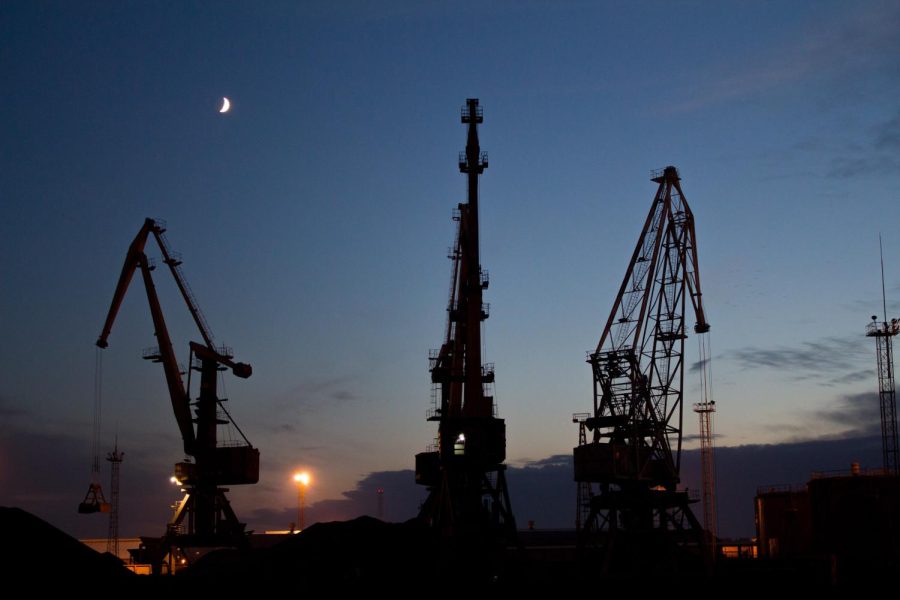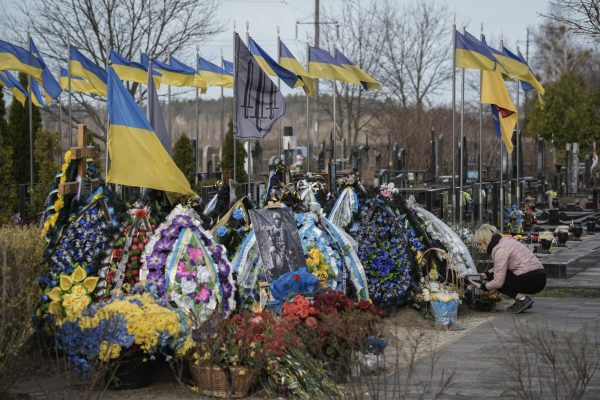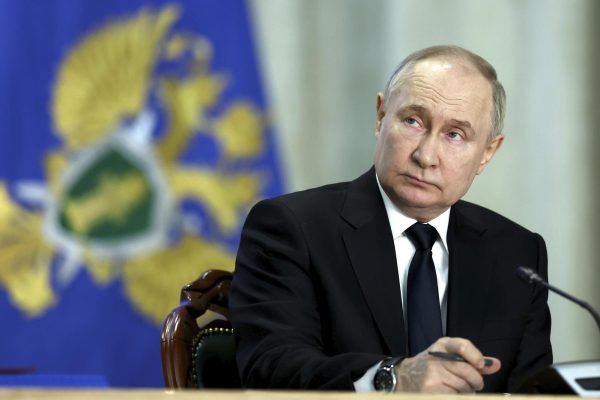The Rising Global Energy Crisis
On Sept. 2, Russia cut the European Union off from its energy giant Gazprom PJSC’s Nord Stream 1 natural gas pipeline for the second time this year. It’s a move the EU says demonstrates Russia’s weaponization of energy with severe consequences for the European people.
This repeated failure of Russia to deliver gas is perceived by many as a response to the EU’s opposition in the Russian-Ukrainian war. The EU heavily sanctioned Russian crude oil and petroleum products through a slew of measures, such as banning all imports traded by ship and only temporarily allowing delivery via pipeline by canceling the use of Nord Stream 2 (a new natural gas pipeline), according to White & Case. CNN reports that Russia is now burning millions of dollars of gas instead of selling it to Europe.
Have any global sanctions on Russia been effective, and can the countries that disconnected themselves from trade with Russia thrive on alternative energy sources? According to Eurostat, Russia supplied the EU with 43 percent of its natural gas imports and 29 percent of its crude oil imports in 2020. In the same year, Russia was responsible for 94 percent of the gas in Finland, 49 percent in Germany, 46 percent in Italy, 40 percent in Poland and 24 percent in France, according to Forbes.
In contrast, PBS reports that Russia seems to have adjusted by restructuring its trade network and selling more oil to China and India. According to CNBC, there have been significant investments towards this effort, such as an enormous pipeline stretching across Shanghai from Siberia to Shanghai, which Russia has reported having spent 55 billion dollars building. The research foundation ORF also notes Russia’s exports to India have increased, now comprising 10 percent of total crude imports to India.
U.S. oil prices are decreasing, but prices in Europe are at an all-time high. The U.S. agreed to release a million barrels daily from its Strategic Petroleum Reserves through October and has implemented a federal gas tax holiday, but the U.S. and Europe are thinking long-term about viewing this gas price hike as an opportunity to transition to renewable energy, mainly solar and electric. The U.S. is relatively stable as the world’s biggest gas producer. However, countries like Germany, which are still heavily reliant on Russia, will be left incredibly vulnerable when people begin to require more heating. Many believe the problem is that electric and solar energy are insufficient and that that won’t change by the winter. Hence, it’s unclear if the EU has a plan to make up for its Russian losses.
According to Reuters, the European Union began to tell its member states on July 20 to cut down on emissions by 15 percent to save energy for the winter while certain countries like Germany are injecting billions of dollars into their economy to save utility companies struggling with record gas prices and lower prices at the pump. European countries have also relied on countries like the U.S. to supplement their energy needs.
FOX Business says green energy policies that sideline gas production and invest in renewable energy contribute to increases in energy prices. The article argues that the energy crisis should not entirely be blamed on the war in Ukraine; even before the war, Europe began closing power plants to pursue its green energy policy.
Another concern that energy policy critics underscore is Europe’s reluctance to support nuclear energy production to any extent, favoring wind and solar energy. Countries like Germany and Belgium continue to phase out nuclear energy plants. According to ABC NEWS, Germany shut down half of its nuclear reactors in 2021, citing concerns about hazardous nuclear waste. However, according to altenergymag, nuclear is the safest and cleanest energy source, despite the events of Chernobyl, Fukushima and Three Mile Island. Nuclear is much safer than coal (100,000 deaths), oil (36,000), gas (4,000), solar (440) and wind (150), according to Statista. The Wall Street Journal writes that European countries have temporarily delayed nuclear power plant shutdowns. Still, no plans appear to be in the works to re-open power plants, even temporarily, despite energy shortages and an unpredictable future for energy supply.
As it stands, the West appears to be in a weak position as the world becomes more multipolar and less interconnected. The direction of the EU’s path indicates plans to tackle its energy crisis with market caps on energy prices, obtaining more oil from allies like the U.S., relying more on coal and investing more in oil and renewable energy. Even a short-term fix would be complicated, and it’s hard to overstate how the turn away from efficient clean nuclear and domestic oil power has impacted supply and prices, so there’s likely to be social unrest concentrated against the EU from its most vulnerable states in response to its demanding clean energy policies.

Robert "Jerry" Pfeifer is a junior from New Paltz, NY concentrating in political science. He has previously served as a staff writer for the Arts &...














